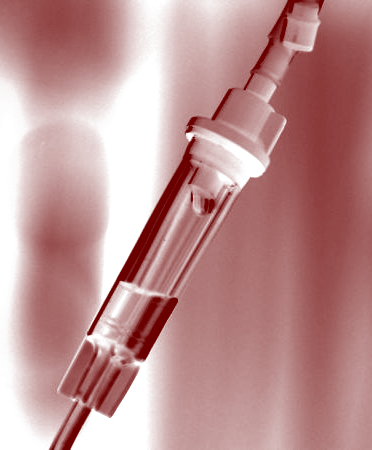Push for medical re-use
 Insiders say there is a “devastating” level of waste being produced within Australia's healthcare industry.
Insiders say there is a “devastating” level of waste being produced within Australia's healthcare industry.
Hospitals and surgeries in particular churn through single-use items like syringes, vials, tubing and kidney dishes, while items once frequently re-used, like surgical gowns, scrubs and tweezers, are being thrown out too.
Australian Medical Association (AMA) NSW president, Dr Kean-Seng Lim, says the issue runs across the health sector.
He said he has seen workers use just one item out of a single-use medical kit, and then throw the whole kit away.
“This is a problem with the whole health industry. As an industry, we have become more and more reliant on single-use items and items which require a lot of packaging,” he told the ABC.
“The rationale behind a lot of this is that it's about trying to reduce or minimise the risk of illness or spread of disease by using equipment.
“However, there is a very strong argument that we have gone over the top with this.”
It is hard to tell the scale of the problem because hospitals or clinics do not collect such information.
Forbes McGain - an anaesthetist that at Western Health private hospital in Melbourne – has overseen a long-running scheme trying to reduce waste.
“At the start, we were throwing out the drug trays, the aesthetic breathing circuits, many hospitals throw out metal blades. All the paper products were thrown away. The plastic dishes. The drapes. The gowns,” he said.
“It was pretty disheartening. We talk about this thing called cognitive dissonance.
“The important point was when I really thought I could do something about it rather than wailing and gnashing teeth.”
After several years of waste audits and financial analysis at the hospital, it is now saving $100,000 a year.
“We have reusable drug trays. We have reusable blades to put tubes down people's throats. Reusable face masks. We have re-usable breathing circuits,” Dr McGain said.
“I really want to stress that reducing and reusing is actually more important than recycling. It saves more money and it's a better outcome overall.”
The scheme has expanded nationwide, and collects PVC waste from 170 hospitals each month and recycle it at a facility in Victoria.
The hospital waste scheme is being subsidised by Welvic and medical manufacturing company Baxter, but its proponents say if more hospitals sign up, it will become financially viable.








 Print
Print